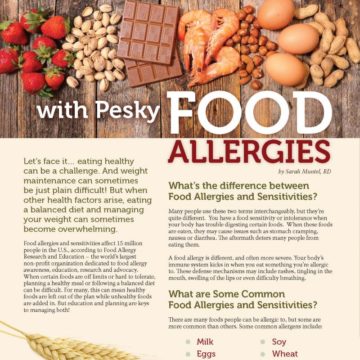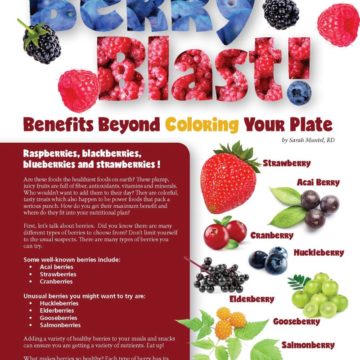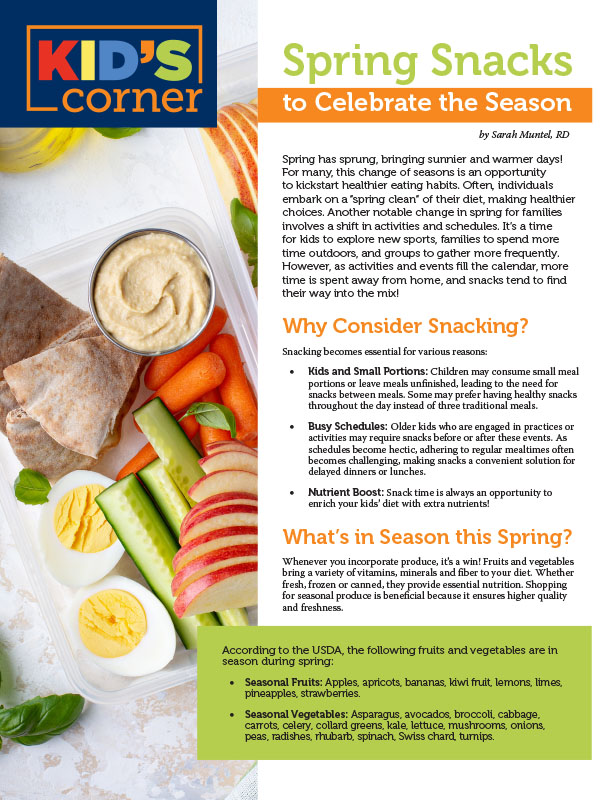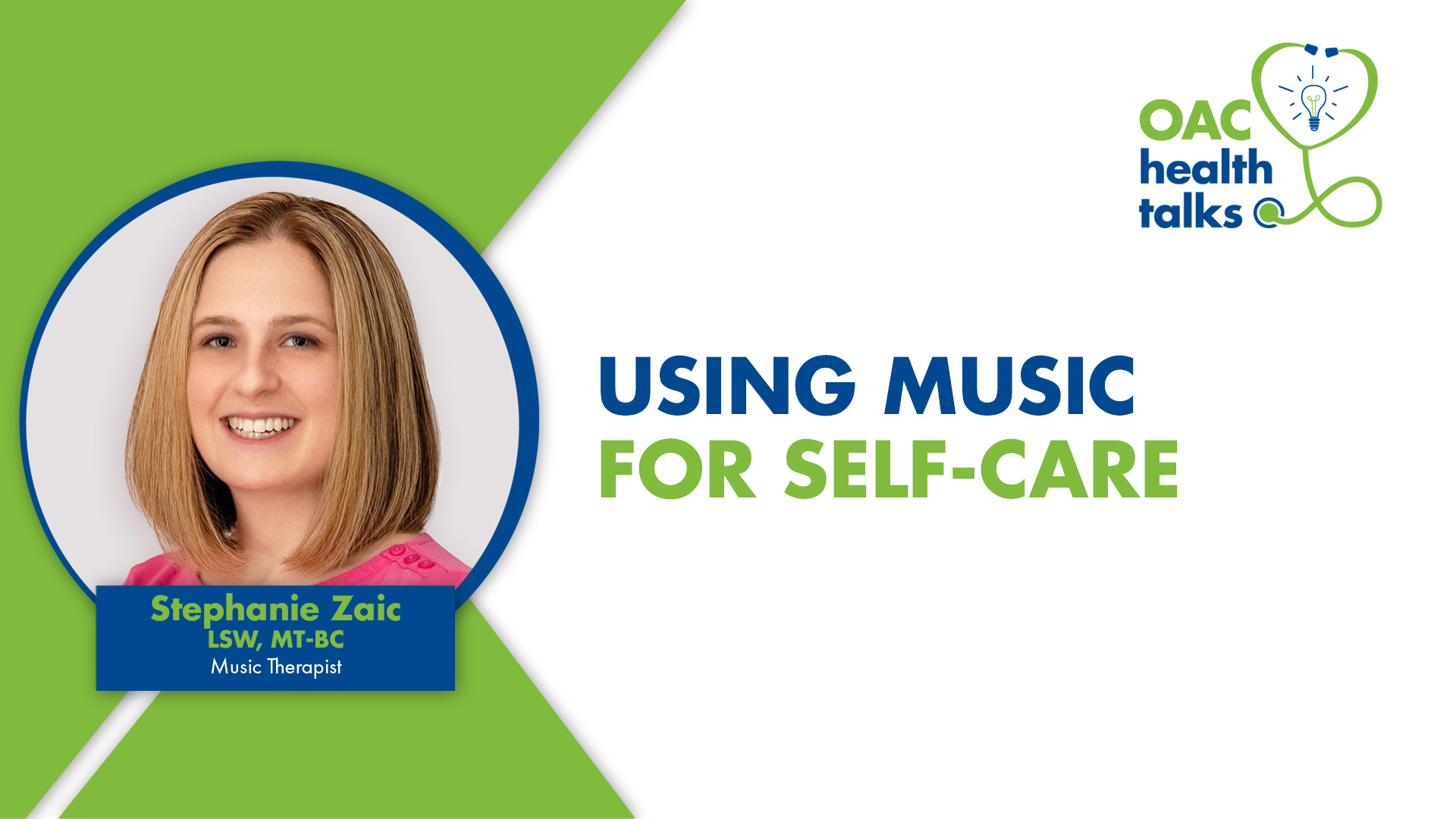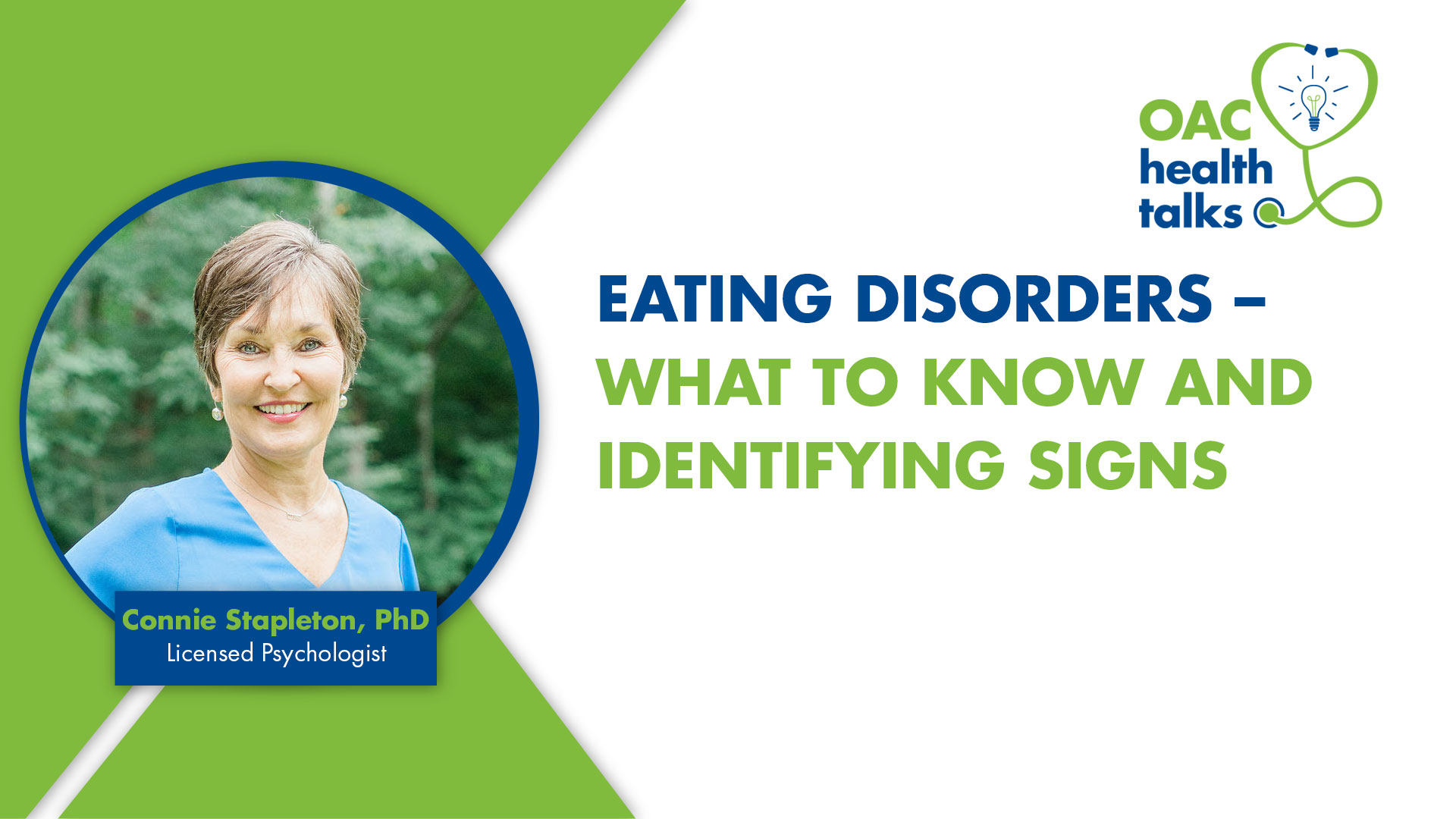Considering Cravings: Tips for Conquering Your Sweet Tooth

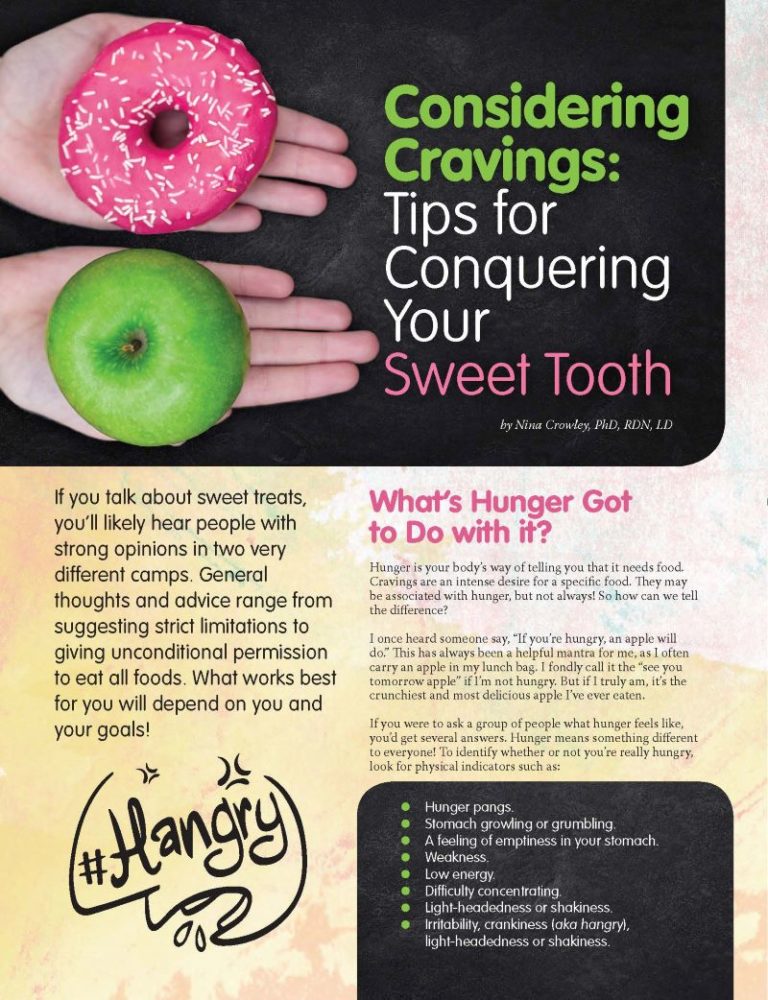
by Nina Crowley, PhD, RDN, LD
Winter 2019
If you talk about sweet treats, you’ll likely hear people with strong opinions in two very different camps. General thoughts and advice range from suggesting strict limitations to giving unconditional permission to eat all foods. What works best for you will depend on you and your goals!
What’s Hunger Got to Do with it?
Hunger is your body’s way of telling you that it needs food. Cravings are an intense desire for a specific food. They may be associated with hunger, but not always! So how can we tell the difference?
I once heard someone say, “If you’re hungry, an apple will do.” This has always been a helpful mantra for me, as I often carry an apple in my lunch bag. I fondly call it the “see you tomorrow apple” if I’m not hungry. But if I truly am, it’s the crunchiest and most delicious apple I’ve ever eaten.
If you were to ask a group of people what hunger feels like, you’d get several answers. Hunger means something different to everyone! To identify whether or not you’re really hungry, look for physical indicators such as:
- Hunger pangs.
- Stomach growling or grumbling.
- A feeling of emptiness in your stomach.
- Weakness.
- Low energy.
- Difficulty concentrating.
- Light-headedness or shakiness.
- Irritability, crankiness (aka hangry), light-headedness or shakiness.
If your hunger feels somewhat subjective or you’re more of a numbers person, try checking-in with your hunger using a “hunger and fullness scale” from 0-10 (0 being empty; 10 being uncomfortably full). This will give you an objective sense of hunger and help you rely on your body’s internal cues.
There are many versions of the scale, but you should strive to land somewhere close to the middle at a three or a four (your stomach is growling, you need energy or you feel slightly empty).You might want to stop eating when you’ve reached seven or eight (you feel satisfied or slightly uncomfortable).
Some individuals attempting weight-loss try fighting their hunger by ignoring or suppressing it. They may go several hours without eating, but in reality, the body’s natural response is to build-up ravenous hunger. During times when you’re at a zero or two on the hunger scale, you need food immediately and you likely don’t have any planned meals/snacks available. Therefore, you reach for something close and easy. Hangry and irrational, you may respond to environmental or emotional cues instead of your body’s intuition. Is it a craving, then, if you’re just truly hungry? I think not!
Why Do We Get Cravings?
Food cravings have many layers including thoughts, emotions, behaviors and psychology. When you indulge a craving, you’re likely to feel a sense of reward. That sense of reward may push you to associate pleasure with a particular food so that sight, smell and thoughts can encourage temptation.
Cravings can also be associated with certain people, places, events, weather or times of day. Your brain is responsible for making these connections so that the next time you experience one of these cues, a memory or pleasurable experience may be triggered. Say hello to cravings!
What Kinds of Foods Do We Crave?
Everyone craves different foods, but those foods are usually highly palatable. In other words, think of treats such as chocolate, pastries, chips, pizza and other foods high in fat and sugar. Highly-palatable foods activate the pleasure center in our brain and release a stream of feel-good chemicals called endorphins. Sugar is probably the most common food craving I see in my patients.
While nothing is inherently wrong with craving “yummy” foods such as sweets, our underlying reasons for those cravings can be problematic – especially if you feel they’re impacting your health. To help with this, practice noticing what you really need. For instance, you may be feeling lonely or tired, or maybe you’re craving connection. Instead of reflexively grabbing a cookie or candy bar, take a moment and try to understand what you are really feeling. You may need sleep!
Cravings are more common when you’re stressed or fatigued. The reward value of food is higher when your cortisol (stress hormone) is elevated. Instead of trying to suppress your sweet cravings or “power through them,” try stress management! Address the source of your stress and again, don’t underestimate the power of enough sleep.
Furthermore, you may notice that food cravings are more frequent if you restrict or avoid certain foods. Ever tell yourself you’re “not allowed” to have something? Labeling foods as “forbidden” can actually have the opposite reaction! Restriction may increase cravings and even contribute to overeating. However, the real damage here is the guilt associated with this roller-coaster of a pattern. Rather than eliminating a food that is often a craving, try to have a small portion to curb the craving.
What Do You Do with Cravings?
Think like a detective and dig deeper for the reasons you crave certain foods. Are some of your routines or traditions built around them? Are you scrolling through Instagram only to find yourself wanting something you didn’t even notice seeing? If you’re distracted, these cues are harder to notice.
Consider mindfulness! Rather than feeling helpless, feel empowered because you can choose how you respond to cravings. It’s tough to nail down the habit, but taking the time to be mindful about your behaviors can make it easier to keep up. Observe your thoughts, physical feelings and emotions. The key is to know that it’s okay to eat what you are craving. Your goal should be to pay full attention to your experiences so you can fully enjoy them! Then let it go and move on with your day.
Self-care is often missing in our busy, stressed-out lives, but it can help you recharge and reconnect. It can also reduce the frequency of unhealthy cravings like sugar. Self-care can mean anything from getting pampered or spending time with a friend to simply relaxing during “you time.”
For those of us seeking weight-loss or weight maintenance, many things influence our thoughts and emotions toward sweets. You likely hear a lot of “You can’t,” “You shouldn’t” or “You’re not allowed.” You may even feel guilty for wanting to have sweets while you’re trying to keep weight off.
Many of us are black and white thinkers and have a long history of labeling food as “good or bad.” Change takes a lot of time and a lot of effort! But if you remove shame from eating certain foods, you can reduce stress and the intensity as well as frequency of food cravings.
Learn to Just Do You!
Restricting foods can increase our cravings for what’s “forbidden.” We then get caught in a cycle of guilt and repetition. On the other hand, others often find that moderation is a better approach. “Just a taste” of something, like a few bites of a cupcake, can rid them of the idea and “do the trick.” Still, some feel like having just a bite or two can lead to overeating.
What’s the real key? Get in touch with yourself to work out a plan of attack. Maybe you need some flexibility to find greater enjoyment as you reach your goals. As Yoni Friedhoff says, “Your best weight is whatever weight you reach when you are living the healthiest life that you honestly enjoy.”
About the Author:
Nina Crowley, PhD, RDN, LD, is an advocate for patient-centered care and appropriate treatment for people with obesity. She leads the interdisciplinary metabolic and bariatric surgery team at the Medical University of South Carolina in Charleston, South Carolina. Nina is passionate about working with her patients to achieve difficult behavior changes and long-term weight maintenance after bariatric surgery.
by Sarah Muntel, RD Spring 2024 Spring has sprung, bringing sunnier and warmer days! For many, this…
Read ArticleDid you know that stress can have an impact on weight? Many people increase their food intake…
View VideoEating disorders can be a concern or question for many who are along the journey to improved…
View Video




